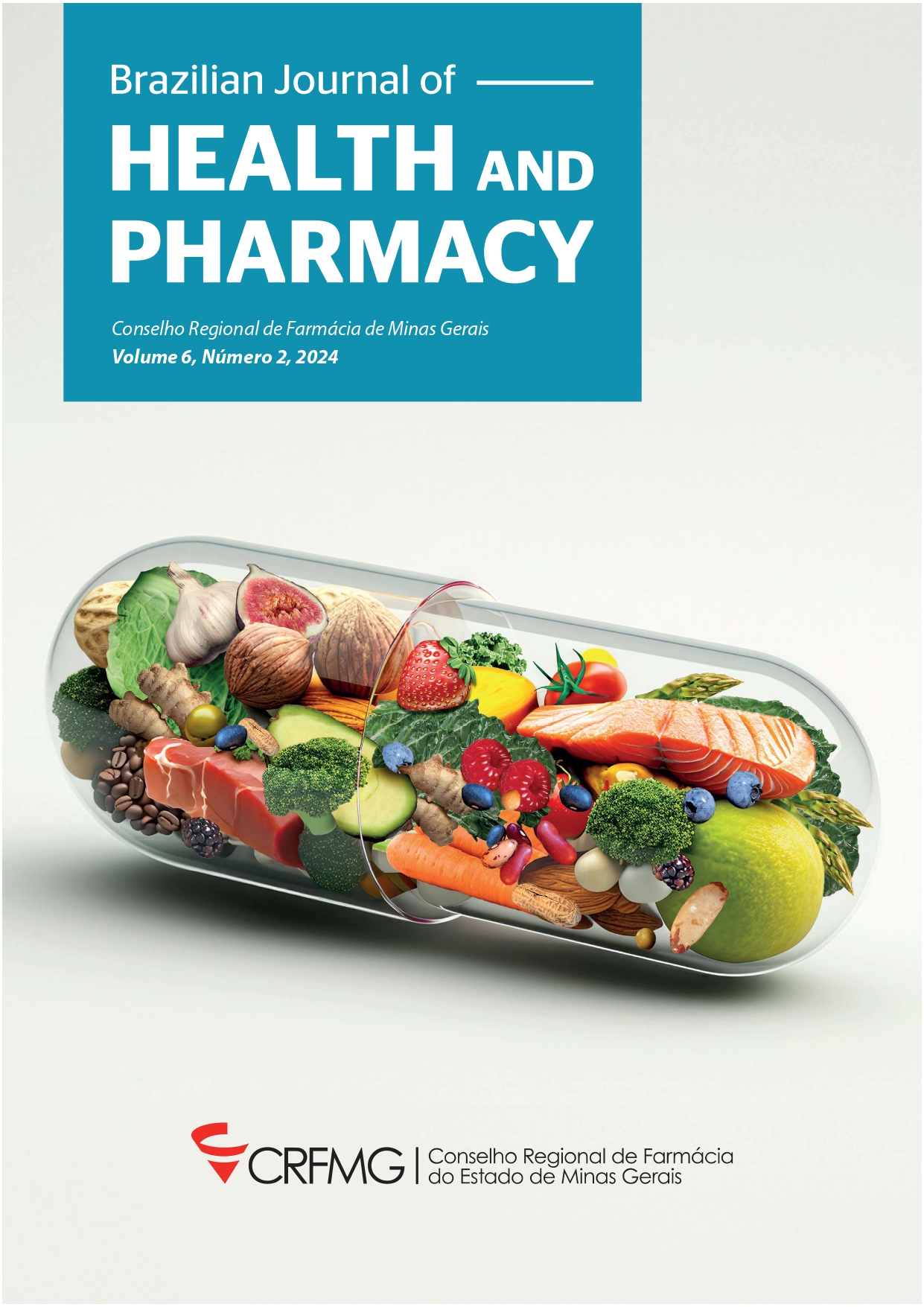Abstract
Blood transfusion is indicated, in some cases, to improve the clinical conditions of patient. However, even if recommended and well performed, it can result in risks to the health of the donor or recipient. Therefore, the objective of this study was to describe the adverse events of the blood cycle, reported in Minas Gerais, between 2013 and 2022. This is a descriptive, retrospective study, with data from the National Adverse Event Reporting System (NOTIVISA), available in the “Post-Market Hemovigilance Notification Data” database. Between 2013 and 2022, 8,405 adverse events of the blood cycle were reported in Minas Gerais. Of these, 8,094 (96.3%) were classified as transfusion reactions. The year with the highest notification was 2022 (1214; 14.4%) and the blood component most related to adverse events was red blood cell concentrate (4855; 57.76%), followed by platelet concentrate (2205; 26.24%). The most frequent event was grade I - mild (6419; 76.37%), immediate (7823; 93.08%), mainly non-hemolytic febrile reaction (3622; 44.75%), followed by allergic reaction (2688; 32.1%). It was reported 48 deaths (0.57%), mainly due to transfusion-related acute lung injury (16; 33.33%) and transfusion-associated circulatory overload (10; 20.83%). Most events were reported by Hemotherapy Services (2,723; 32.40%), in the central macro-region (4,126; 49.09%), and were more frequent in patients over 70 years of age (1,786; 21.25%). The data obtained allowed us to understand the profile of adverse events in the blood cycle in Minas Gerais, but were impacted by the high number of incomplete records.

